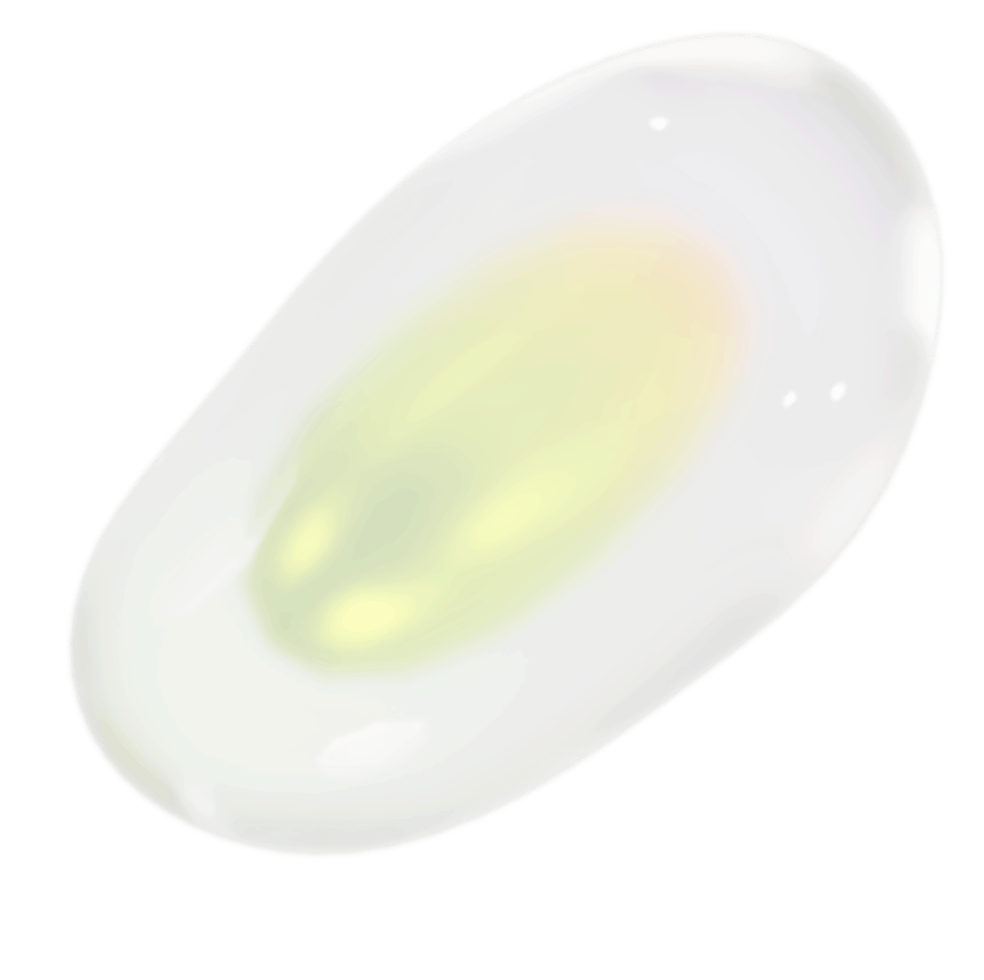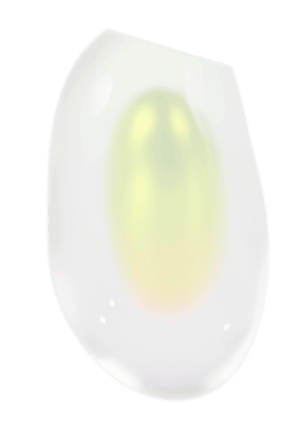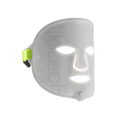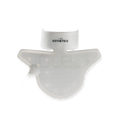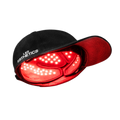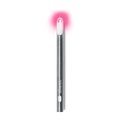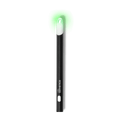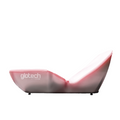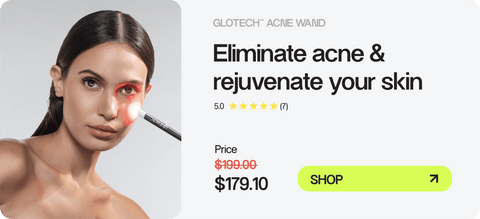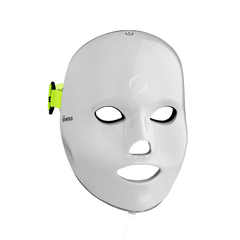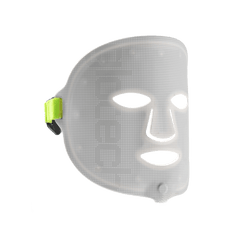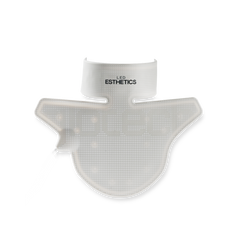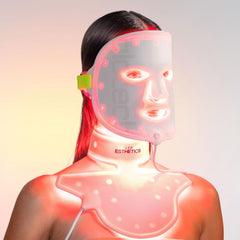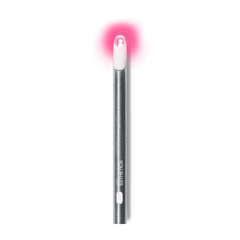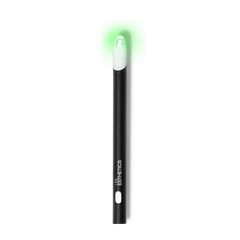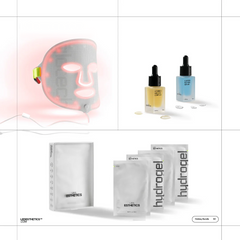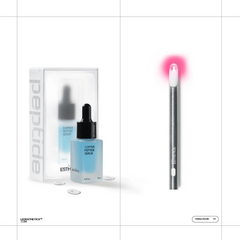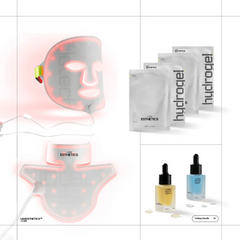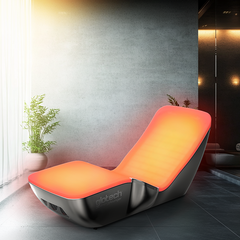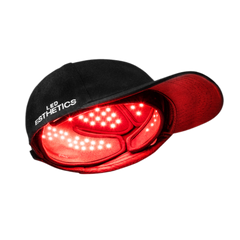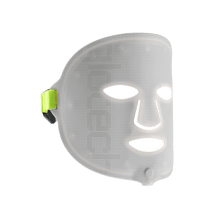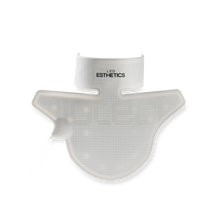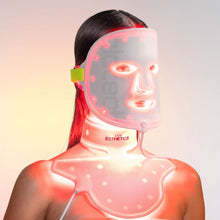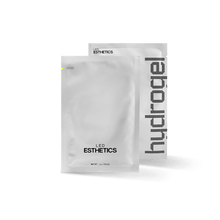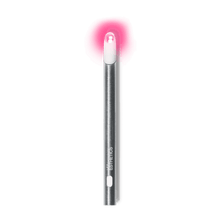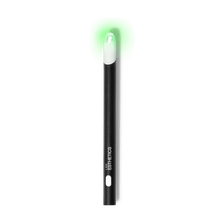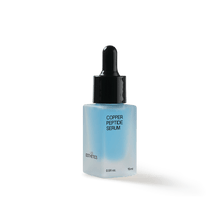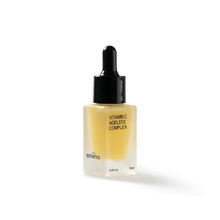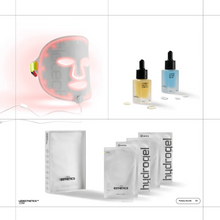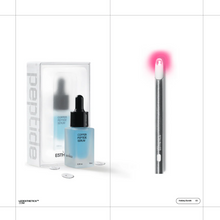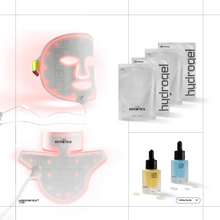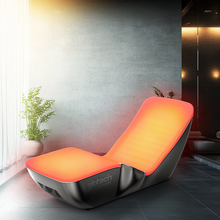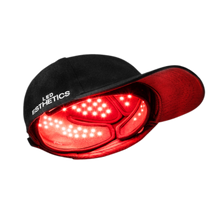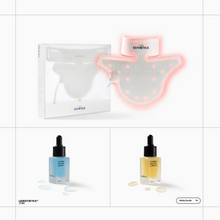
Light-emitting-diode (more commonly known as LED) light-therapy devices have been all the rage in skin care recently, endorsed by many celebrities including Kourtney Kardashian, Serena Williams and Jessica Alba. Chances are you’ve seen them pop up on Instagram or on YouTube, too. They’re billed as skin-enhancing devices with the potential to improve acne, decrease oil production, and even soothe inflammation, but how effective are they actually?
“There is science to support it, so it’s not voodoo,” Angela Lamb, director of the Westside Mount Sinai Dermatology Practice tells The Strategist. Exposing your skin to different forms of low-level LED light does have anti-bacterial and anti-inflammatory benefits, which is why they’re effective - and commonly used - for treating redness or acne. The at-home devices are essentially a cheaper, more convenient (less powerful) version of the LED light treatments commonly available in a dermatologist’s office. Whereas you might visit the dermatologist once a week, the idea is that you would use a home device daily.
Hooman Khorasani, the chief of the division of Dermatologic and Cosmetic Surgery at the Icahn School of Medicine at Mount Sinai, says, “There are a number of trials that have shown efficacy for these at-home devices [at improving acne], mostly ranging from 30 to 50 percent improvement,”
He says, “Benefits can usually be seen as early as a few weeks, and they continue to build over the first two to three months after the treatments.”
Both experts state that there aren’t really downsides as the light treatments have been shown to be relatively safe, with minimal side effects - especially using the at-home devices which are not as intense as the salon versions.
For acne, Khorasani notes that LED devices should be used in concert with a multipronged treatment plan — and never for severe acne. If you are combining them with retinoids, Lamb also suggests alternating the days you use either of them, to avoid photosensitivity.
